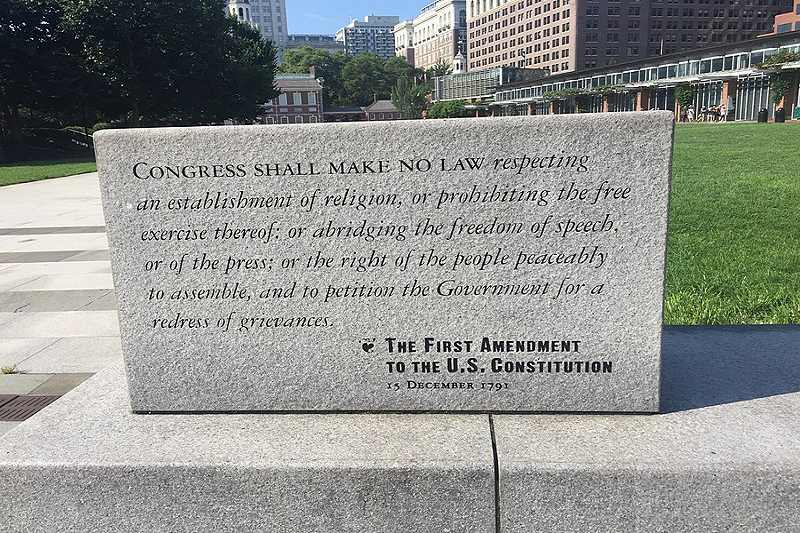A federal judge has ruled that the White House pressured social media platforms to suppress free speech by flagging and removing posts that contradicted the administration’s views on various issues.
The ruling came in response to a lawsuit filed by a group of conservative activists and media personalities who claimed that they were illegally censored, at the government’s behest, by Facebook, Twitter, YouTube and other platforms for expressing opinions that differed from the official narrative on topics such as the COVID-19 pandemic, the 2022 midterm elections, and the climate crisis.
The plaintiffs argued that the White House violated their First Amendment rights by coordinating with the social media companies to label their posts as misinformation, disinformation, or harmful content, and to limit their reach or remove them altogether.
The judge agreed with the plaintiffs and found that the White House had exerted “undue influence” over the social media platforms by threatening them with regulation, legislation, or litigation if they did not comply with its requests to crack down on certain types of speech.
The ruling also noted that the White House had created a “chilling effect” on free expression by publicly criticizing and shaming the social media platforms for not doing enough to combat what it deemed as false or misleading information.
White House promises to appeal

The judge ordered the White House to cease any communication or coordination with the social media platforms regarding content moderation, and to disclose any records of such communication or coordination that occurred in the past.
White House press secretary, Karine Jean-Pierre, faced questions from reporters about the judge’s ruling during a press briefing on Thursday. She defended the administration’s actions as necessary and appropriate to combat the spread of misinformation and disinformation that could harm the public health and the democratic process. Jean-Pierre also denied that the White House had pressured or coerced the social media platforms to censor any viewpoints, and said that it had only provided them with factual information and guidance from experts. She added that the administration respected the judge’s decision, but disagreed with it and would seek to overturn it on appeal.
Social media platforms have not issued any statements in response to the ruling, but they have previously defended their content moderation policies as independent and consistent with their terms of service and community standards.
Notably, Elon Musk, who acquired Twitter in October, and exposed prior extensive coordination between the White House, government agencies, and politicians to censor Twitter users.
The ruling has sparked mixed reactions from various groups and individuals. Some have praised it as a victory for free speech and a blow to government censorship, while others have criticized it as a setback for public health and safety and a boon to conspiracy theorists and extremists.











